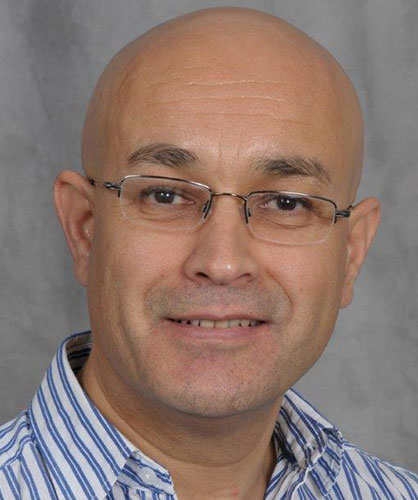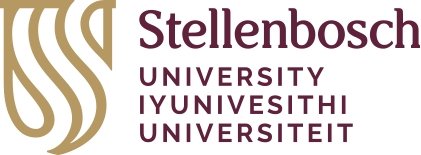
- This event has passed.
Prof Guven Akdogan
September 18, 2019 @ 17:3018:00
Department of Process Engineering, Faculty of Engineering

Matte to metal: Understanding the intricacies of PGM processing
Mattes are complex metallurgical solutions of Ni, Cu, S, Fe and O along with low concentrations of many other elements, including Co and PGEs. The process route for the production of base and platinum-group metals from natural sulphide ores commonly requires the conversion of a high-iron furnace matte into an iron-lean converter matte. This is followed by slow or fast cooling of the iron-lean molten matte, physical processing and hydrometallurgical metal extraction. Peirce-Smith converters are used for blowing high-iron mattes with air to a final iron concentration or endpoint. The molten matte is then granulated and allowed to solidify. The solidified matte is subjected to first-stage atmospheric leaching. The specification of a desirable converter iron endpoint requires careful consideration. Most importantly, it must ensure the crystallisation of the converter matte with mineralogical qualities that are within the set points of the downstream processes. An additional consideration is for the final blown converter matte to achieve an optimum bulk concentration of the base metals Ni and Cu and platinum-group metals Pt, Pd, Rh, Ru and Ir. Mattes characteristic of variable iron endpoints are regularly produced at the converters due to poor control, which has detrimental effects on the mineralogical quality of the final matte and hence on the processing characteristics of the solidified matte particles downstream. The primary focus of this paper is to report on quantifying the effect of a specific iron endpoint on the mineralogy and mineral chemistry of solidified converter mattes through examination of the solidification process as a function of a specific iron endpoint and the physical property of mineral structures in relation to product quality for downstream processing.
WATCH THE INAUGURAL LECTURE HERE
Short biography
After completing his BEng and MEng degrees in Mineral Processing at Middle East Technical University, Turkey, Prof. Akdogan started his PhD at Wits University in the Department of Metallurgy and Materials Engineering. Subsequent to his PhD, he stayed on as research fellow, lecturer and senior lecturer at Wits. He spent a year at Brunel University, UK in 2001, before he joined Element Six Pty (Ltd), a De Beers Group company, as a research and development manager for oil, gas and mining drilling tools customer products. In 2008 he was appointed as associate professor at the Department of Process Engineering, Stellenbosch University. In 2013 he spent six months at the Department of Materials Engineering, Aalto University, Finland to investigate the effect of impurities on sulphide smelting slag chemistry. In 2015 he spent a year in Alaska working on several projects, including rare earth elements, recycling and mine effluents. In 2018 he was promoted to professor at Stellenbosch University.
Prof. Akdogan has published more than 100 papers in journals and conference proceedings and was awarded a Top 50 Researchers Award in 2013 and 2014 at Stellenbosch University. He was also presented with the SAIMM Gold Medal for two articles published on numerical modelling of Peirce-Smith sulphide smelting converters in 2016. He is the project leader for various recently completed and ongoing industry, DST and bilateral and collaborative projects on lithium ion battery valorisation, waste plastic reutilisation, plastic degradation and recycling/reprocessing of mining wastes for valuable metals.

Recent Comments